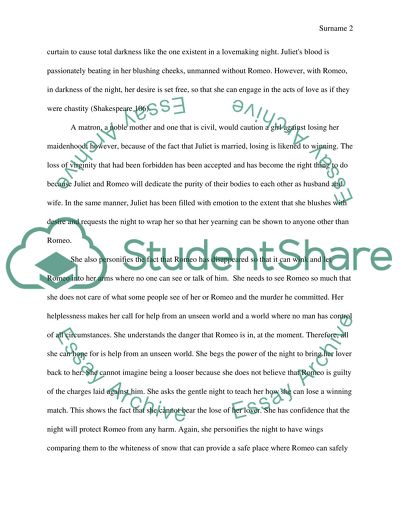Cite this document
(“Juliet's Passage Analysis for a Shakespeare Tragedy Book Report/Review”, n.d.)
Juliet's Passage Analysis for a Shakespeare Tragedy Book Report/Review. Retrieved from https://studentshare.org/literature/1445035-passage-analysis-for-a-shakespeare-tragedy
Juliet's Passage Analysis for a Shakespeare Tragedy Book Report/Review. Retrieved from https://studentshare.org/literature/1445035-passage-analysis-for-a-shakespeare-tragedy
(Juliet'S Passage Analysis for a Shakespeare Tragedy Book Report/Review)
Juliet'S Passage Analysis for a Shakespeare Tragedy Book Report/Review. https://studentshare.org/literature/1445035-passage-analysis-for-a-shakespeare-tragedy.
Juliet'S Passage Analysis for a Shakespeare Tragedy Book Report/Review. https://studentshare.org/literature/1445035-passage-analysis-for-a-shakespeare-tragedy.
“Juliet'S Passage Analysis for a Shakespeare Tragedy Book Report/Review”, n.d. https://studentshare.org/literature/1445035-passage-analysis-for-a-shakespeare-tragedy.


